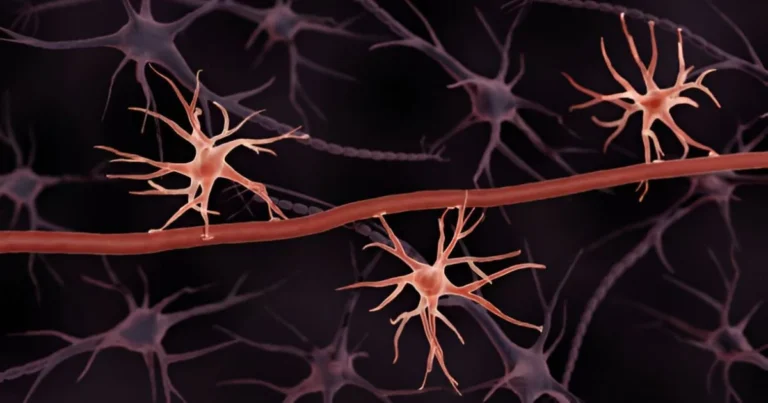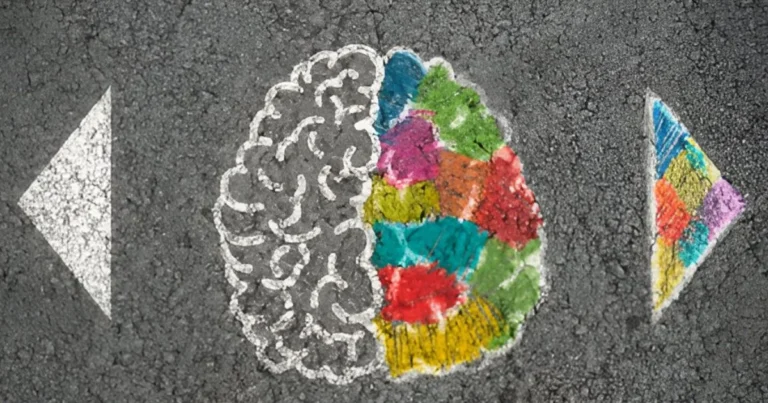FOMO and the pursuit of the perfect summer
Summer naturally evokes rest, travel, and a sense of freedom. Still, for many, this season becomes a subtle source of stress. As the days grow longer, a new kind of pressure emerges: the obligation to create exceptional moments, not just to enjoy them, but to showcase them. Under the influence of social media, this social expectation can morph into anxiety, the fear of missing out on something meaningful: a concert, a trip, a party, a sunset. This feeling has a name: FOMO, or the Fear of Missing Out.
Beneath this now-familiar acronym lies a far deeper phenomenon. FOMO activates complex cognitive and emotional mechanisms, blending social comparison, reward anticipation, and sensitivity to exclusion. It’s no longer just about envying others, it’s about questioning our own choices to the point of losing our appreciation for the present. Why does this feeling intensify during summer? And how does it affect our psychological balance?
Inside the FOMO mindset
FOMO isn’t just misplaced curiosity or a passing whim. It draws on well-documented cognitive processes that interact persistently. At the root of this fear lie three key components: reward anticipation, social comparison, and selective attention.
First, our brain constantly anticipates potential rewards, being present at an event, joining an activity, or staying informed about something new. This anticipation activates the brain’s reward system, pushing us to pursue what we perceive as gratifying, even at the expense of our current experience. Not being there feels like a loss.
At the same time, our innate tendency to compare ourselves to others plays a central role. FOMO isn’t just triggered by an objective absence, but by the subjective feeling of missing out on what others seem to be enjoying. These comparisons, often subtle yet constant, feed feelings of inadequacy. They fuel internal pressure to be in the right place, at the right time, with the right people.
Moreover, our attention is finely tuned to signs of exclusion. Hearing about an event too late, noticing we weren’t invited, or simply realizing we’re missing from a social circle can spark marked discomfort. This attentional bias reinforces the sense of being left out and keeps our emotional radar constantly alert.
Groundbreaking research by Andrew Przybylski and colleagues at the University of Oxford has shed light on the psychological foundations of FOMO. Their study reveals that this fear is closely tied to our need for social connection. When someone feels out of sync, undervalued, or excluded, this unmet need manifests as an internal emotional warning. FOMO, in this sense, is a signal of social imbalance.
This dynamic tends to intensify during the summer, a season loaded with symbolic expectations. Social norms emphasize packed schedules, travel, shared experiences, and unforgettable memories. Failing to partake in this collective excitement may be experienced as falling short of the unspoken social performance standards. This pressure hits especially hard for those with low self-esteem or heightened sensitivity to social scrutiny.
In this context, FOMO becomes a mirror reflecting seasonal pressure to “live well.” It reveals a conflict between two opposing drives: the need to rest and the fear of missing out; the desire to slow down and the anxiety of being left behind. The question is no longer what suits us best, but how to conform to internalized norms of a successful summer. FOMO often signals a struggle to reclaim personal freedom, especially when it deviates from dominant models of seasonal happiness.
🔗 Read also: How fear drives Anxiety disorders
Living for the ‘Like’: How online images skew reality
This sense of disconnect, already heightened by seasonal expectations, is magnified by social media. Platforms like Instagram, TikTok, and Snapchat constantly broadcast carefully curated images: picture-perfect vacations, relaxed bodies, and joy captured in just the right light. These often-unreal portrayals create the illusion that everyone is thriving, somewhere else, without you.
This mechanism relies on a visibility bias: only moments that are glamorous, aesthetic, or socially desirable are displayed. Ordinary days, boredom, or quiet rest rarely make the cut. This curated exposure drives a cycle of unfavorable social comparisons. The more we scroll, the more we feel left out, fueling a compulsive need to stay connected, check updates, and post our own content, hoping to fill the void.
Numerous empirical studies confirm this pattern. Excessive social media use correlates with increased feelings of exclusion, reduced subjective well-being, and a psychological dependence on external validation. FOMO becomes a self-perpetuating loop: it urges us to check more often while deepening our sense of lack.
🔗 Explore further: Unmasking Anxiety: Why We’re Never Affected the Same Way
Summer on display: when happiness becomes a social norm
If social media intensifies the fear of missing out, summer acts as a powerful amplifier. Traditionally associated with relaxation and fulfillment, this season now carries a normative charge: it must be successful. Going out, traveling, and appearing happy and surrounded become implicit expectations.
This ideal is widely propagated by the media and digital platforms. A “perfect” summer must be active, aesthetic, and shared. Behind this lies a subtle performance demand: it’s no longer enough to feel good, it must be seen. The gap between lived experience and expected imagery creates silent tension. Simply not posting, or enjoying quiet moments, can lead to unease, as though something were lacking.
Here, FOMO becomes a lens through which to view the contradictions between personal life and social pressure. Multiple studies confirm its psychological toll. In a study of over 2,000 participants, researchers at Carleton University found a strong correlation between FOMO, decreased life satisfaction, higher perceived stress, and reduced mindfulness. The present moment becomes clouded by worries about what’s happening elsewhere.
The study also highlights several traits linked to stronger FOMO: low self-esteem, upward social comparison, and difficulty regulating emotions. These predispositions increase the need for external validation and sensitivity to implicit judgment. Adolescents, who are particularly attuned to social image, are especially vulnerable, but perfectionist adults striving to “make the most” of their free time are also affected.
🔗 Discover more: The restorative brain: How nature renews our mind
More than a personal discomfort, FOMO reflects a shared cultural tension. Our subjective experiences are constantly measured against idealized and often unreachable standards. This pressure can degrade the quality of real social connections, foster emotional hypervigilance, and generate chronic dissatisfaction, even in settings meant to promote well-being.
Summer, once a pause from daily life, becomes a stage for performance. Reclaiming inner freedom means breaking away from the logic of constant visibility. Reducing digital exposure, valuing the ordinary, or simply embracing uneventfulness becomes a quiet form of resistance. The goal isn’t to reject pleasure, but to decouple it from the need to prove it.
References
Milyavskaya, M., Saffran, M., Hope, N., & Koestner, R. (2018). Fear of missing out: prevalence, dynamics, and consequences of experiencing FOMO. Motivation and Emotion, 42(5), 725–737.
Przybylski, A. K., Murayama, K., DeHaan, C. R., & Gladwell, V. (2013). Motivational, emotional, and behavioral correlates of fear of missing out. Computers in Human Behavior, 29(4), 1841–1848.








